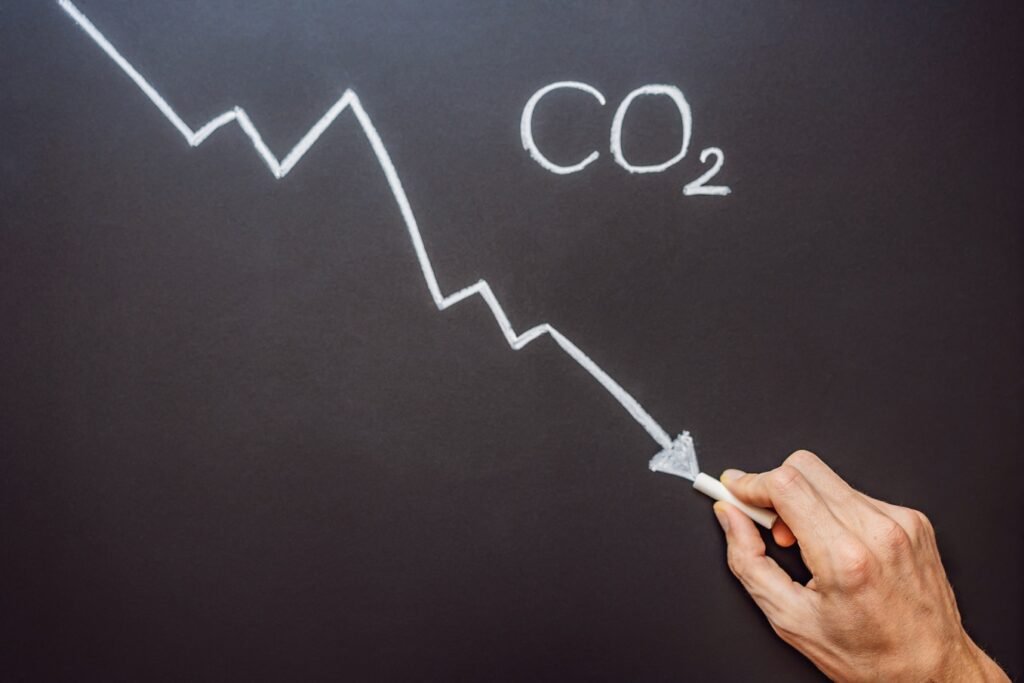On July 21, 2021, the Government of Indonesia submitted to the United Nations Framework Convention on Climate Change (UNFCCC) Secretariat the Intended Nationally Determined Contribution (INDC) which sets targets for climate change actions and the Document of Long-term Strategy on Low Carbon and Climate Resilience 2050, prior to the 26th Conference of the Parties (COP26) to the UNFCCC to be held from November 1 to 12, 2021. Indonesia, the world’s eighth-largest emitter of greenhouse gases with 60 percent of its energy coming from coal, has included a new long-term strategy for low-carbon development in the INDC this time and says it expect to reach its goal of achieving net zero GHG by 2070 more than a decade sooner.
Indonesia’s NDC sets an unconditional target of reducing greenhouse gas emissions by 29% by 2030 against the Business as Usual (BAU) scenario (scenario without any special measures), and a target of reducing emissions by 41% subject to the availability of adequate international support for finance. The document is based on the following foundational principles.
- Employing a landscape approach
Employ an integrated, landscape-scale approach covering terrestrial, coastal and marine ecosystems recognizing that climate change adaptation and mitigation efforts are inherently multi-sectoral in nature.
- Highlighting existing best practices
Scale up the diversity of traditional wisdom as well as innovative climate change mitigation and adaptation efforts by the government, private sector, and communities recognizing significant strides in multi-stakeholder efforts in combating climate change.
- Mainstreaming climate agenda into development planning
Recognize the needs to integrate climate change into development and spatial planning and budgeting processes and incorporate key climate change indicators when formulating development programme’s targets.
- Promoting climate resilience in food, water, and energy
Recognize the importance of fulfilling the food, water, and energy needs of a growing young population and improve the management of natural resources by protecting and restoring key terrestrial, coastal and marine ecosystems to enhance climate resilience.
The original document submitted to the UN by the Indonesian government can be viewed at the following URL.
https://www4.unfccc.int/sites/ndcstaging/PublishedDocuments/Indonesia%20First/Updated%20NDC%20Indonesia%202021%20-%20corrected%20version.pdf
 Indonesia submits documents to UN outlining goals to achieve net zero GHG
Indonesia submits documents to UN outlining goals to achieve net zero GHG 

























